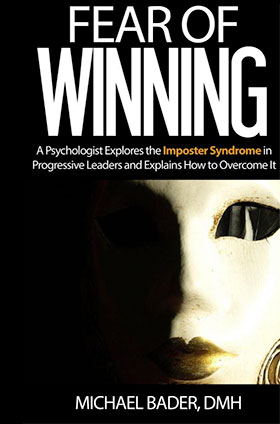It Will Take a Political Revolution to Cure the Epidemic of Depression
What causes depression and anxiety? I have been a practicing psychologist and psychoanalyst for almost 40 years and have seen hundreds of patients suffering from both. In my experience, some factors are obvious. People who suffer from depression and anxiety have experienced stresses and traumas in their development that predispose them to mood disorders. Garden-variety psychodynamic theory teaches us that issues involving loss, neglect, guilt, and rejection usually figure prominently in the backgrounds of people who present with significant symptoms of depression and anxiety.

